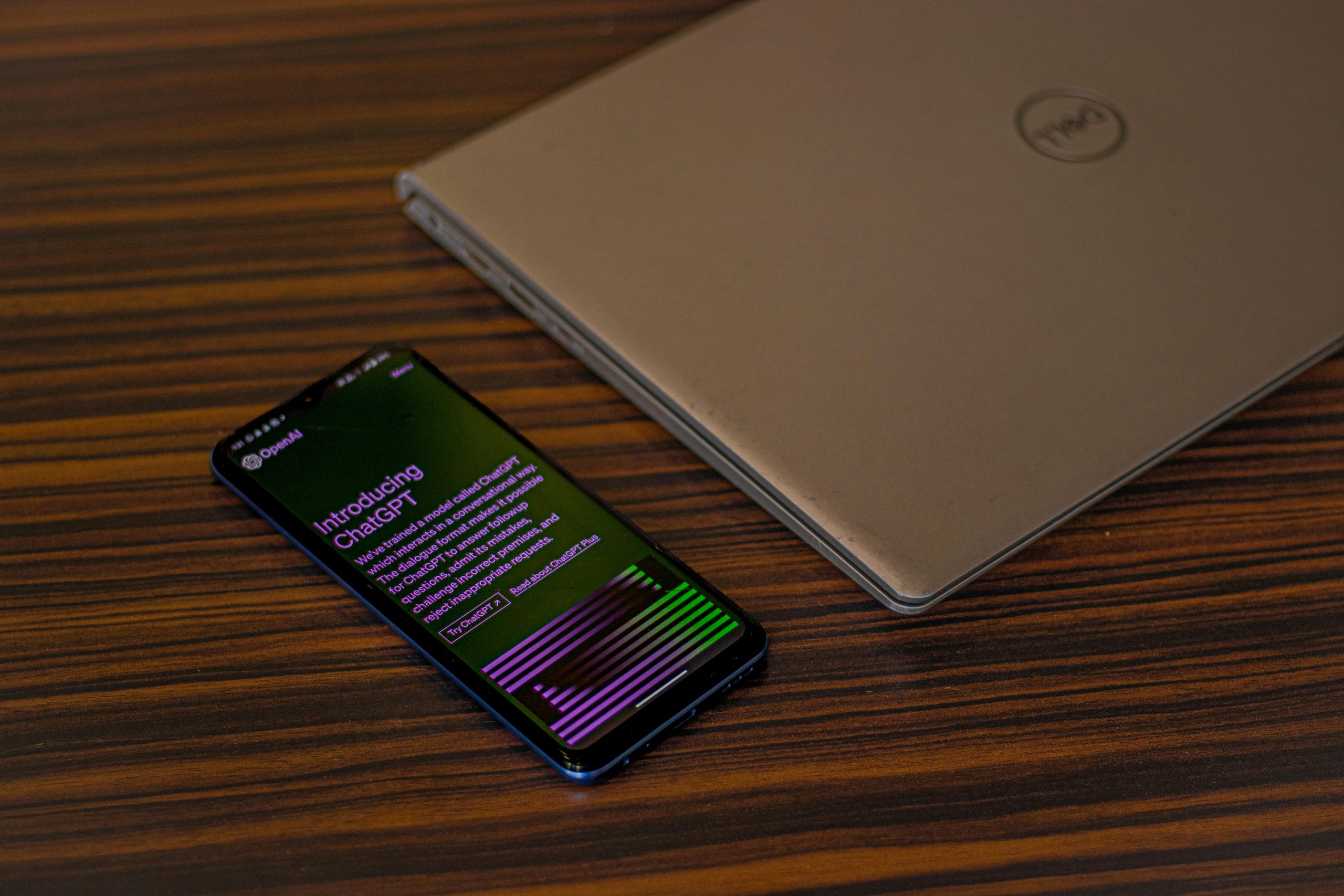“Impossible” to create ChatGPT without stealing copyrighted works…
The Debate Surrounding AI and Copyrighted Content
In recent discussions within the tech community, there’s been a rising concern about the methods used to train advanced AI models like ChatGPT, particularly in relation to copyrighted material. The central point of contention is whether it’s truly feasible to develop such sophisticated technology without utilizing existing copyrighted works.
The creation of AI models typically involves training algorithms on vast datasets that inevitably include a wide array of textual content. These datasets often consist of information pulled from various sources across the internet, including books, articles, and other written works that may be protected under copyright laws. This approach raises ethical and legal questions about the extent to which these materials can be used without explicit permission from the copyright holders.
Proponents of the current methods argue that using a wide range of data is essential to developing an AI that can understand and generate human-like language. They claim that these models are transformative in nature, as they produce new content rather than simply reproducing the original works. However, others point out that the absence of clear guidelines and licensing agreements may potentially infringe upon the intellectual property rights of content creators.
This issue slides into a gray area of AI development, requiring a balance between innovation and respect for the rights of original content creators. As AI technology advances, it is crucial for developers, legal experts, and policymakers to collaborate, ensuring that both innovation and intellectual property rights are protected. The challenge lies in crafting regulations that both support technological progress and respect the intellectual contributions of authors and creators.














1 comment